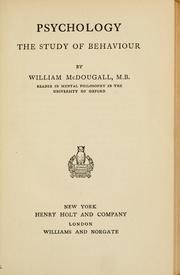
Photo from academic.microsoft.com
Abstract There are areas of overlap between contemporary social conservatism and psychological aspects of terrorism. This paper summarizes empirical evidence from our large-scale cross-cultural surveys linking the two domains. Two… Click to show full abstract
Abstract There are areas of overlap between contemporary social conservatism and psychological aspects of terrorism. This paper summarizes empirical evidence from our large-scale cross-cultural surveys linking the two domains. Two component processes of both domains – Religiosity and Nastiness – are closely related. On their own, these processes are unlikely to lead to a significant increase in terrorist activity, even if the number of conservative-leaning members of the population were to increase. Our research, however, identified another component of the militant extremist mindset (MEM) – Grudge – that might precipitate a new wave of terrorism by groups linked to extreme conservative right-wing/populist political parties.
Journal Title: Personality and Individual Differences
Year Published: 2018
Link to full text (if available)
Share on Social Media: Sign Up to like & get
recommendations!